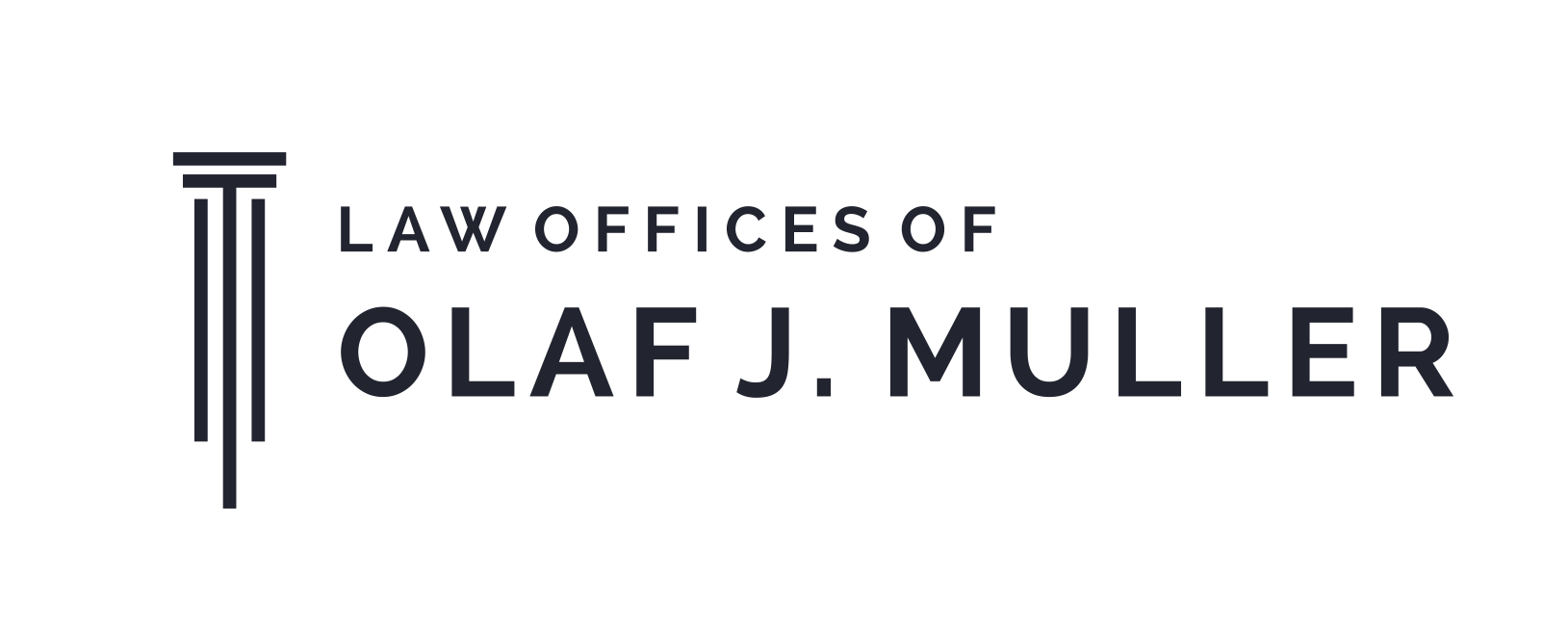Appellate Case No. H044587, Published
An interesting SLAPP case with very sad underlying facts, dealing with the interplay between the anti-SLAPP statute and Civil Code § 3344.1, a statute that prohibits unauthorized individuals from profiting from the name and/or likeness of a deceased celebrity.
In Pott, a young woman was sexually assaulted while unconscious in 2012, after which her assailants distributed intimate photographs of her after the assault. The young woman committed suicide shortly thereafter.
The young woman’s parents were the registered successors-in-interest to the young woman’s deceased personality rights under Civil Code § 3344.1. They authorized the use of her name and likeness in a 2016 Netflix documentary film about the assault, but for nothing else.
Defendant and Appellant Lazarin, a man claiming to be the biological father of the young woman, held a “press conference” at San Jose City Hall in or around 2016, relating to the young woman. During the press conference, Lazarin displayed the young woman’s photograph and made reference to her “to publicize my efforts to change the law regarding parental rights.” Although Lazarin subsequently denied engaging in any professional fundraising or using the young woman’s name or likeness to raise money, the parents later submitted evidence (in subsequent motion practice) showing that Lazarin solicited donations for a suicide prevention group, which group was named after the young woman and used her photograph.
The parents filed suit against Lazarin for violation of Civil Code § 3344.1. Lazarin filed an anti-SLAPP motion, arguing that his press conference and related actions were protected under the anti-SLAPP statute and that the parents’ claims failed because they did not meet the strict requirements of Civil Code § 3344.1.
The trial court denied the anti-SLAPP motion, holding that per Flatley v. Mauro, Lazarin’s targeted speech could not be protected by the anti-SLAPP statute because it was “illegal” as a matter of law per Civil Code § 3344.1.
Lazarin successfully appealed.
The Court of Appeal first reasoned that Lazarin “clearly” showed that the targeted speech and conduct fell within CCP 425.16 protection under (e)(3) and (e)(4). The parents admitted that their daughter’s death and related circumstances were issues of public interest. The Court otherwise concluded that Lazarin’s targeted speech – made online via Facebook and at a press conference held at City Hall – were made in a public forum.
In response, the parents argued that it was not possible for the anti-SLAPP statute to apply to Lazarin’s targeted speech here because this speech “violated Civil Code § 3344.1.”
The Court clarified that to invoke the anti-SLAPP statute’s protections, the defendant need not prove that the targeted speech is protected by the 1st Amendment as a matter of law but merely make a prima facie showing. (quoting Navellier v. Sletten (2002) 29 Cal.4th 82, 94-95). Otherwise, the second prong analysis “’would be superfluous.’” Ibid.
On the second prong analysis, the parents argued that despite the commercial purpose and implications of Civil Code § 3344.1, the statute was not limited to commercial activity, which argument the Court of Appeal squarely rejected – “We cannot accept this argument…. We cannot see how this statute could be more clear that it is limited to commercial speech. Certainly the California Supreme Court has construed the statute to be limited to commercial speech…. We can only conclude that Civil Code section 3344.1’s prohibition is limited to commercial speech.” Pott at *10 (quoting Comedy III Productions, Inc. v. Gary Saderup, Inc. (2001) 25 Cal.4th 387, 403).
The parents made little or no showing that Lazarin’s targeted speech was commercial in nature, dooming their claim for purposes of the second-prong analysis.
The parents’ fundraising evidence did not help them here because they presented no evidence that Lazarin was involved in the fundraising. Some other group – YouCaring.com – used the young woman’s name and likeness to raise funds, not Lazarin. Further, to the extent Lazarin arguably used his press conference and Facebook posts to raise funds for suicide prevention groups, this, too, would not suffice to buttress their Civil Code § 3344.1 claim because Lazarin was not advertising any commercial “services” to be provided in exchange for money.
The Pott Court of Appeal wrapped up the opinion with several quotations and citations to caselaw whereby the non-commercial solicitation of money for various causes generally is protected by the First Amendment: “[O]ur cases long have protected speech even though it is in the form of… a solicitation to pay or contribute money….” Village of Schaumburg v. Citizens for a Better Environment (1980) 444 U.S. 620, 633; Cornelius v. NAACP Legal Defense and Educational Fund, Inc. (1985) 473 U.S. 788, 799; Riley v. National Federation of the Blind of North Carolina, Inc. (1988) 487 U.S. 781, 796). Per the Supreme Court’s quoted language in Schaumberg at 632, without the protection of such solicitation speech, “the flow of such information and advocacy would likely cease.”
Neither party apparently made any argument on the commercial speech exception to the anti-SLAPP statute – C.C.P. § 425.17 – presumably because the defending parents contended that the speech targeted was non-commercial in nature. Had the defendant Lazarin actually engaged in commercial speech, his anti-SLAPP motion likely would have been denied under C.C.P. § 425.17, which provides a nice counterpart to Civil Code § 3344.1 in such scenarios.



Comments are closed